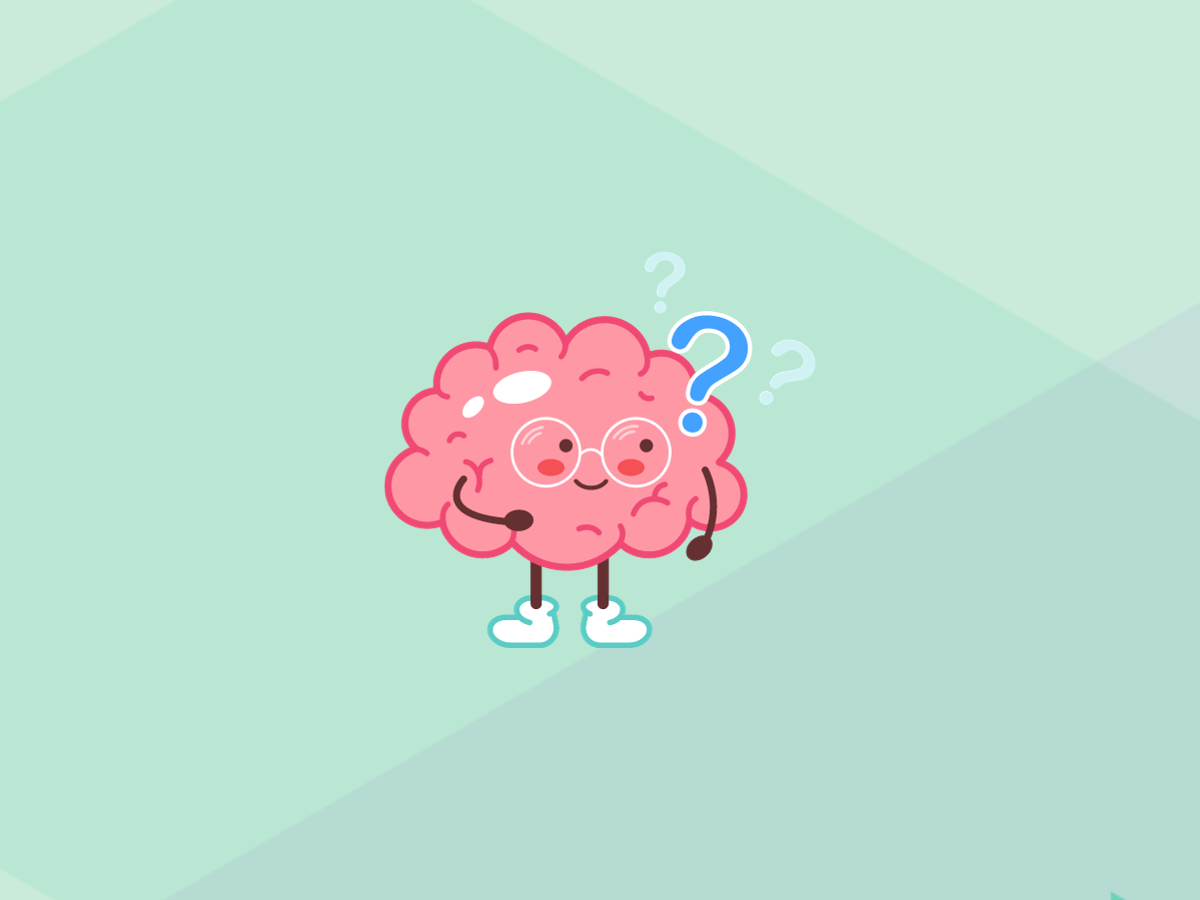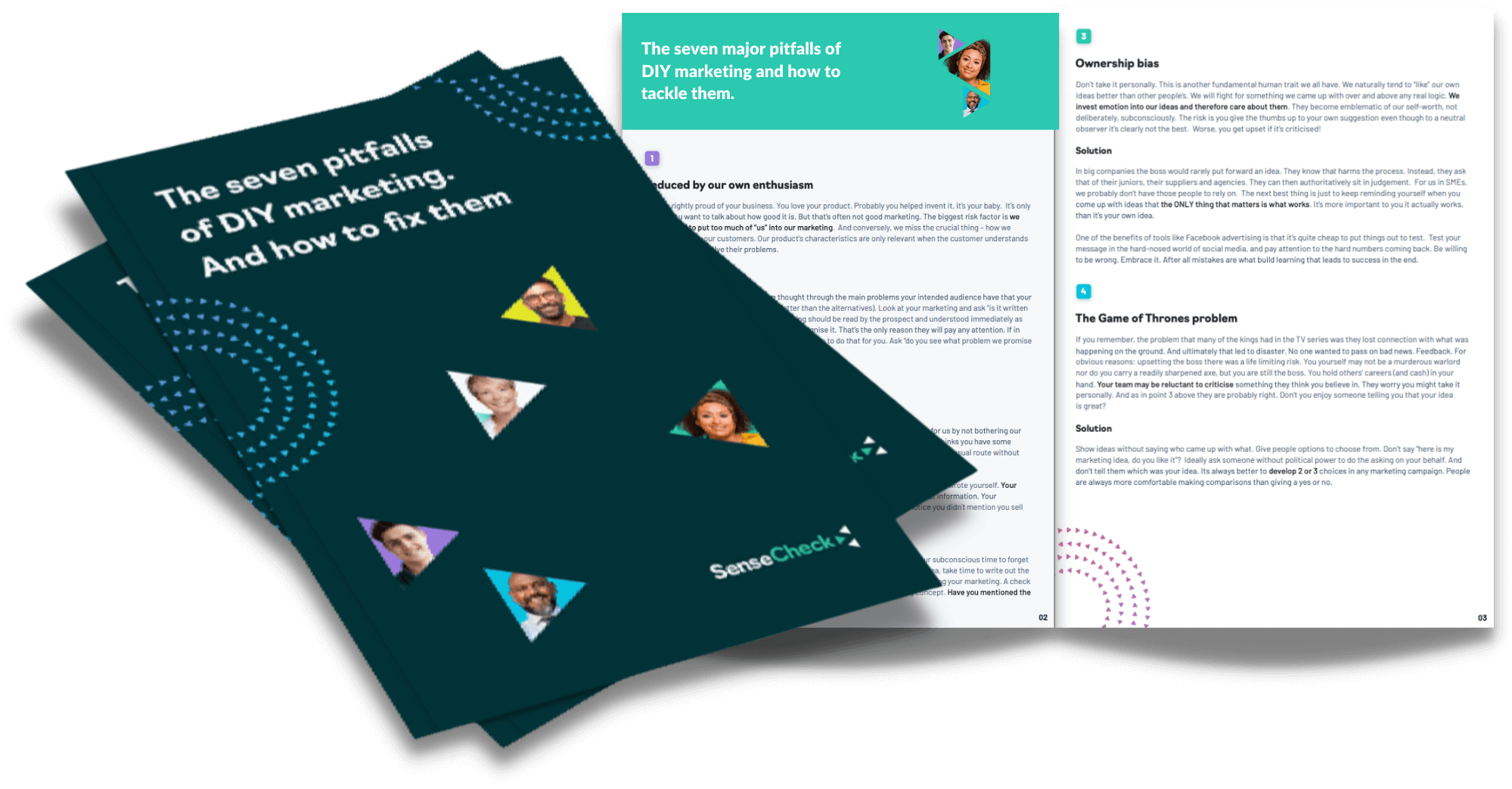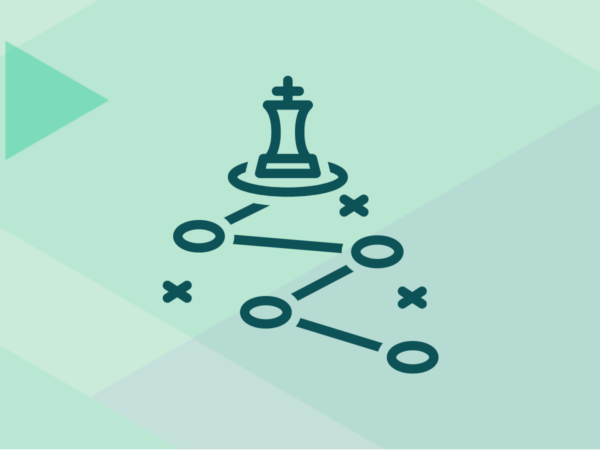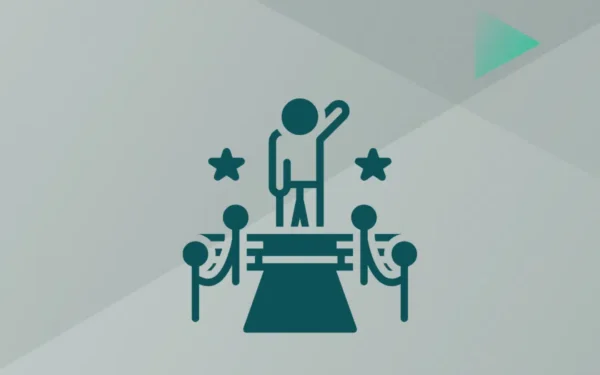Human perception is actually a two-way process – that’s why marketing has to work so hard.
Reading The Experience Machine by Professor Andy Clark at the moment.
We might have assumed perception is one one-way ticket. Like a very sophisticated camera. We receive a stimulus (could be marketing or anything else), then our brains interpret and digest that stimulus to reach a conclusion or take a learning. Makes us feel like logical thinking beings, right?
But brain scans show MORE “traffic” going in the other direction. There are as many as 4 times the neural pathways going “out” as going “in”. This came as quite a shock when discovered.
Turns out that the way the brain actually works (and this is incredibly efficient of it, and a key driver of evolutionary success is saving energy) is to maintain a prediction of the world around us, a permanent and ever-developing “hallucination”, if you like. It compares any new information to its prediction, and if there is nothing to note, tick. It doesn’t have to do any extra work. That’s why it’s so efficient.
As the professor writes: “Instead of constantly expanding a vast amount of energy on processing incoming signals, the bulk of what the brain does is maintain a kind of inner model of body and world – a model that can be used moment by moment to try to predict the next sensory signal”
It’s easy to show this effect by listening to a poor radio signal and hearing partial scraps of a song on it. If we already know the song we can hear it well. If we don’t, it’s barely intelligible.
The prediction the brain maintains, it also holds to be “true”. Hence the power of placebos in medicine. Or even “nocebos” – medicine packaged and marketed as such, and even described to patients as inactive, still show positive results. Why? Because the subconscious sees a smart “medical” looking packet with nice tablets as being “medicine” as fitting its existing paradigm about what medicine is. Your conscious mind doesn’t override that automatically (so don’t think your simple logical marketing message will have an impact unless it fits the prediction!) Your hallucination is your “truth”.
I think this is a contributory explanation of the assertions of How Brands Grow, which I am also reading (again). That the subconscious mind runs an almost entirely ’underground’ operation based on existing knowledge and unless something notable changes the pattern it will keep “driving” us along in the same way. And changing that pattern is hard. So, well-known brands stay big. They fit the existing prediction. They require little brain effort.
It implies that the biggest marketing task is to persuade the customers’ minds to change their predictions to create a new (inner) reality. To overturn the prevailing hallucination. Which in turn is possibly the reason why emotions work so well for marketing. They force a re-evaluation of the status quo prediction?
It’s a solid scientific explanation of why getting a second opinion on marketing from someone else (ideally distant from our own business) makes logical sense. They will look at your marketing from within a different, already-made model – their own personal hallucination, which inevitably is very different to yours. Use that to your advantage.






